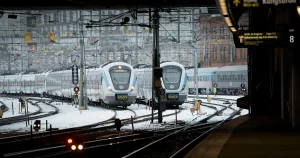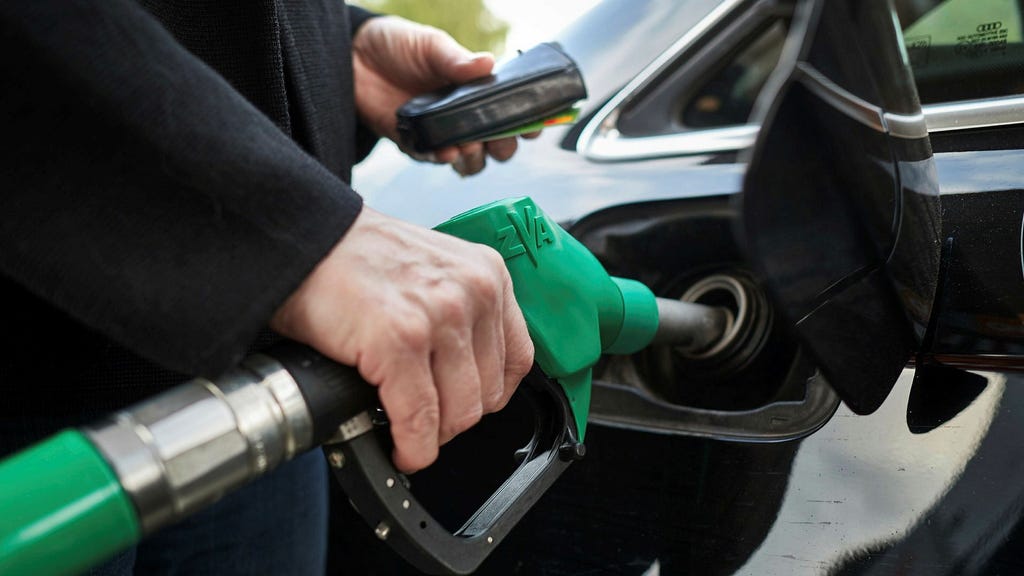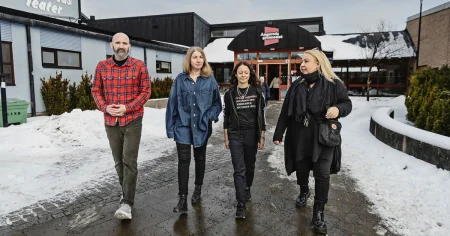The first snowfall of the season in Stockholm brought a moment of pure childhood joy. A three-year-old boy, captivated by the large, white flakes falling from the sky, refused to go to bed, repeatedly opening the door to watch the magical scene unfold. Only the promise of sledding to preschool the next morning finally coaxed him to sleep. However, the ephemeral nature of winter in a warming world cruelly intervened. By morning, the snow had vanished, replaced by temperatures well above freezing. This seemingly small, personal anecdote highlights a much larger and more troubling reality: the rapidly disappearing snow cover in Sweden, a direct consequence of human-induced climate change.
The year 2024 is on track to be the warmest ever recorded, likely 1.55 degrees Celsius above pre-industrial levels, according to the EU’s Copernicus Climate Change Service. This global warming trend is dramatically impacting Sweden’s environment, especially its forests. Worryingly, these forests, traditionally vital carbon sinks, are absorbing significantly less carbon dioxide – nearly half the amount compared to the 1990s. While increased logging contributes to this decline, a significant factor is climate change itself. Drought and insect infestations, such as bark beetle outbreaks, exacerbated by warming temperatures, are killing trees and diminishing the forest’s capacity to absorb CO2.
This dwindling carbon sink presents a major challenge for the Swedish government, potentially forcing further policy shifts and likely leading to increased fuel prices. The EU has mandated targets for carbon sequestration in forests, and Sweden’s failure to meet these targets will automatically transfer the shortfall to the road transport sector, necessitating even steeper emissions reductions there. This intricate interplay between forest management and transportation policy highlights the complex and interconnected nature of climate action. The government’s current strategy appears increasingly inadequate to address the escalating crisis.
Adding to the government’s woes, data from Statistics Sweden (SCB) reveals a disturbing trend: a substantial increase in deliveries of fossil fuels, particularly diesel, suggesting a significant rise in road transport emissions for 2024. This surge contradicts earlier government projections and undermines the efficacy of recent policy adjustments, including a proposed increase in the biofuel blending mandate (reductionsplikt) coupled with fuel tax reductions. This ”golden solution,” intended to balance climate action with economic considerations, is already facing criticism for its inadequacy and is likely to unravel given the latest emissions data.
The government’s approach has been widely criticized, with experts and institutions, including the National Institute of Economic Research, highlighting its insufficiency to meet EU climate targets. The core issue, as pointed out by the Institute, is the need for higher fuel prices to drive a shift towards more sustainable transportation options. Ignoring this fundamental economic lever will likely make achieving climate goals impossible. Last year, the Swedish Energy Agency, in response to a government inquiry, recommended a significantly steeper increase in the biofuel mandate for diesel to meet climate targets by 2030. This recommendation, revealed in documents obtained by the newspaper Dagens Nyheter, didn’t even account for the declining carbon absorption capacity of Swedish forests, further underscoring the magnitude of the challenge.
The convergence of these factors – declining forest carbon sequestration, rising fossil fuel consumption, and an inadequate policy response – paints a concerning picture for Sweden’s climate ambitions. The government faces a growing dilemma: how to reconcile EU mandates with economic realities and the evolving environmental landscape. Further policy adjustments, likely involving increased fuel prices, seem inevitable, and the political ramifications could be significant. The unfolding situation resembles a complex drama, the final act of which remains uncertain. However, one thing appears increasingly clear: further policy U-turns are likely on the horizon, underscoring the urgency and complexity of addressing climate change in a rapidly changing world. The simple joy of a child’s anticipation for a snowy day serves as a poignant reminder of what’s at stake.














